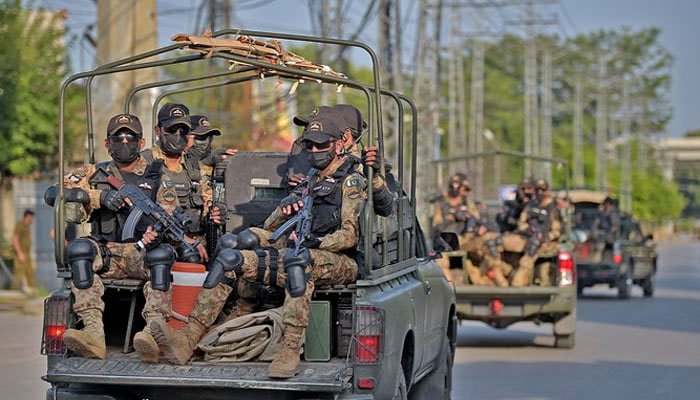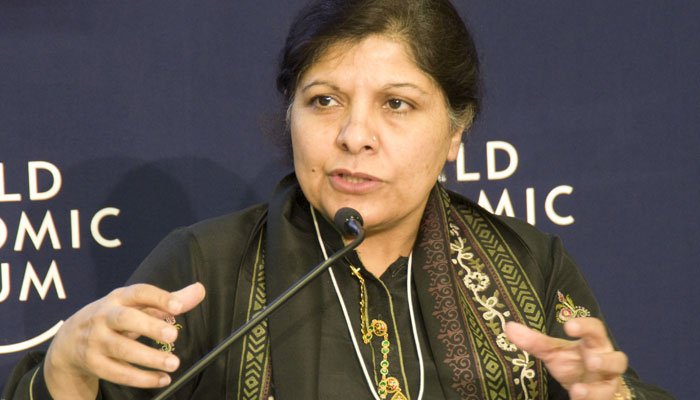A local court in Islamabad has ordered the blocking of 27 Pakistani YouTube channels, many of which belong to prominent journalists and popular media figures. This major decision came after the Federal Investigation Agency (FIA) filed a petition, claiming that these channels were circulating alleged anti-state narratives.
Judicial Magistrate Abbas Shah heard the FIA’s petition and quickly approved the request, explaining that the content posed a threat to Pakistan’s national security. According to the two-page court order, the FIA began its investigation on June 2 after receiving multiple complaints about videos that, in its view, undermined state institutions and misled the public.

Consequently, the court found the FIA’s evidence credible and ordered YouTube to block these channels without delay. Therefore, YouTube must now take swift action to restrict access for viewers in Pakistan.
Notably, the banned list includes well-known journalists such as Matiullah Jan, Asad Toor, Siddique Jan, Orya Maqbool Jan, Habib Akram, Imran Riaz, Sabir Shakir, Moeed Pirzada, and Aftab Iqbal. Furthermore, political channels like Pakistan Tehreek-e-Insaf and Imran Khan’s official YouTube channel are also affected, adding to the controversy.

Here is the complete list of channels facing the ban:
- Haider Mehdi
- Siddique Jaan
- Sabee Kazmi
- Orya Maqbool Jan
- Arzoo Kazmi
- Rana Uzair Speaks
- Sajid Gondal
- Habib Akram
- Matiullah Jan MJtv
- Asad Toor Uncensored
- Imran Raza Khan
- Naya Pakistan
- Sabir Shakir
- Imran Khan
- Aftab Iqbal
- Real Entertainment TV
- Pakistan Tehreek-e-Insaf
- Daily Qudrat
- Abdul Qadir
- Charsadda Journalist
- Naila Pakistani Reaction
- Wajahat Saeed Khan YouTube
- Ahmad Noorani YouTube
- Nazar Chohan YouTube
- Moeed Pirzada YouTube
- Makhdoom ShahabudDin YouTube
- Shayan Ali YouTube
In addition, the court emphasized that the nature of these videos could incite unrest and harm national unity. Thus, it stressed the need for urgent action to prevent potential disruption.
ALSO READ: India Silently Admits Pakistan Killed 3 Rafale Pilots
Meanwhile, this unprecedented ruling has triggered heated debate nationwide. On one hand, supporters argue that the step helps protect national security and curb misinformation. On the other hand, critics insist it restricts freedom of speech and shrinks the space for opposing views online. Moreover, digital rights activists warn that banning major voices may silence independent journalism.
Although the ban aims to curb harmful narratives, many believe it could also stifle legitimate political debate. Overall, this move highlights how Pakistan’s authorities are tightening control over online platforms. Therefore, it remains to be seen how this order shapes the future of free expression in the country.
For further updates as this story unfolds, stay connected with Factfile.





